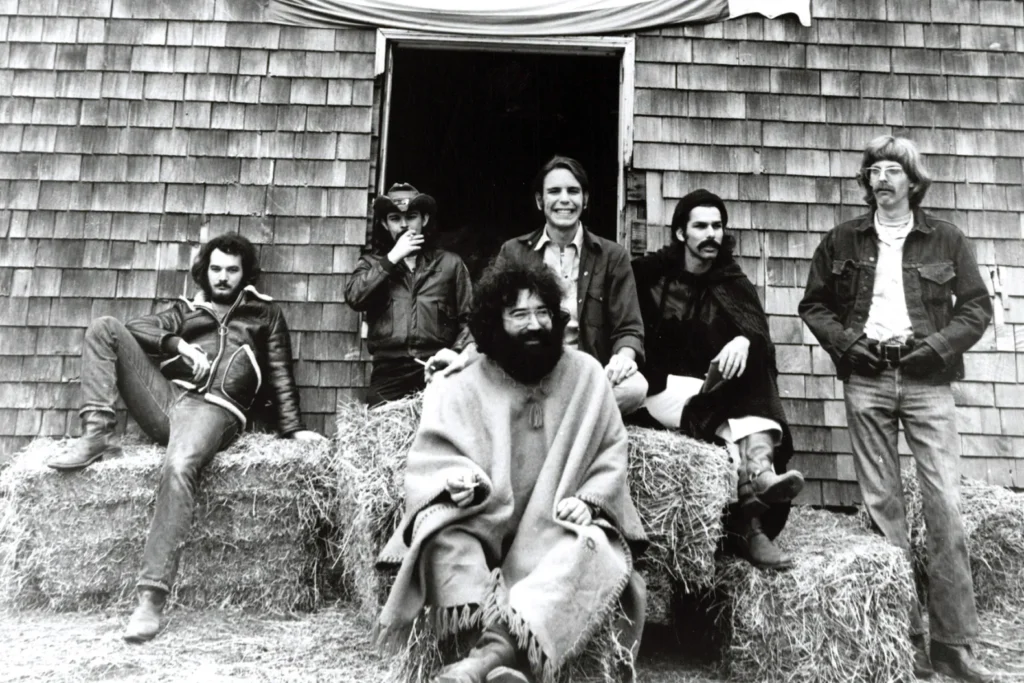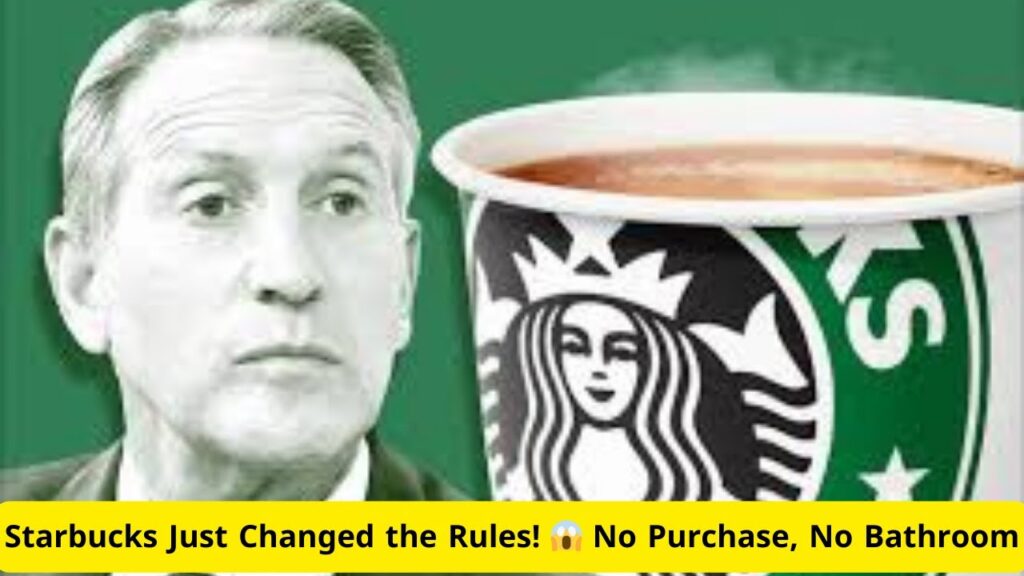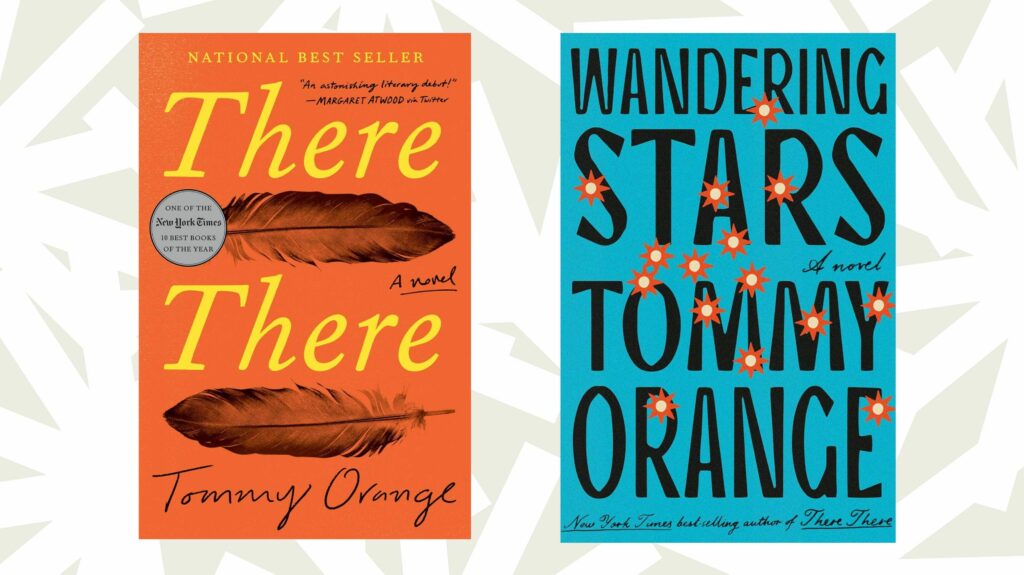 Is storytelling in marketing bullshit?
Is storytelling in marketing bullshit?
There is a clear answer to this question. Yes. And no. The key is to distinguish between the art of storytelling itself – and the relentless, self-serving hype of what is no more than a marketing fad.
Of course, storytelling is important, for all the reasons you read about every day on LinkedIn and the trade publications. A recent post on LinkedIn by @KimWhitler, a former P&G marketer, CMO and Darden Business School professor sums it up nicely. Though it kind of put me over the top.
I have written and lectured about storytelling for years. A favorite topic of mine, a popular subject when I give Lunch & Learn talks for clients, and one my USC students seem to enjoy, is something I call Brand Myth. These are the creation stories of legendary brands, the stories that encompass the vision and passion that launch, propel and sustain great companies.
Last December, I wrote a piece called The Storytelling Imperative for Marketing Research. Without being tied together by a persuasive narrative, with compelling “heroes” and “antagonists,” your presentations won’t have a chance of aligning, enlightening or inspiring anyone to act.
Storytelling is nothing new. One could argue that all advertising has embraced storytelling, from the beginning of the practice to the present. Here are some examples from the 1950’s & 60’s:
Procter & Gamble mastered the “slice-of-life” approach to advertising in 60-second, and later, 30-second TV commercials. There was the on-going story of “Mrs. Olsen,” the friendly local widow who gives priceless advice to housewives with verbally abusive husbands who mercilessy – and publicly – berate them for making bad coffee. “Try Folgers, it’s mountain grown!” admonishes Mrs. Olsen. All is well when the once clueless housewife brings home the Folgers.
Or there’s the story of a younger brother living in the shadow of his big brother who is always beating him in sports and everything else. But he is avenged when they both take part in a toothpaste trial, and the younger brother “wins” by getting few calories with Crest.
In print, we have the legendary David Ogilvy ad for Rolls Royce, a full page that tells the story of the Rolls’ driving experience, starting with the headline, “At 60 miles an hour the loudest noise in the new Rolls-Royce comes from the electric clock.” Even if the 19 bullet points that follow don’t technically tell a story (though I think they do), the illustration says everything. A mom picking up her two well-heeled children (they appear to be equestrians, clad in riding clothes) at the Village Grocer in an exclusive, Greenwich, CT type enclave.
I could go on and on.
It is clear that storytelling has always driven marketing efforts. What is new is its embrace as a higher calling, a holier-than-holy mission, the magic elixir that will cure all marketing ills.
The point isn’t that great storytelling works. Duh. It’s that we are all just talking to ourselves, and in the process, undermining our own credibility.
There is a consumer-based case to be made for storytelling. The proliferation of media choice, an ever-increasing barrage of messaging and the resulting difficulty in breaking through the clutter have everyone looking for new and better ways to communicate. Tell a better story, get better results. Not exactly revolutionary, but there’s certainly something to be said for paying attention to something so fundamental.
More important is the intensifying competition in marketing services. Global agencies, YouTubers, Hollywood talent agents, consultants, accounting firms, research companies, boutique marketing agencies, social media marketers and others battle it out every day for their share of the pie. The categories blend. All in a world where their clients are mercilessly extending payment terms and asking their vendors to do “more for less.”
By embracing storytelling, marketing service companies attempted to transcend their categories, imply that their thinking was deeper than their competitors, and that they could attain a superior level of execution. “Our competition just makes ads. We tell stories.” I would argue it didn’t really help.
The entire conversation has devolved into the banal and mundane. Now that everyone claims to be a “storyteller. occasionally with legitimacy but most often without, does anyone really care? Isn’t it counterproductive for marketing service agencies of all stripes to position themselves in the very same way? We’re supposed to help our clients stand out from the crowd. But when marketers jump on the bandwagon of the fad du jour, virtually eliminating any differentiation between them in a highly competitive field, what does that say about them? Is “I’m a storyteller like everyone else?” a reason to hire someone?
As always, it does not come down to some silver-bullet approach, but to the imagination of the people you engage and the quality of their work. Who will be creating these stories? Are they based on a human truth? Do they evoke powerful emotions? Are they compelling? Do they have a unique, proprietary fit to your brand?
It’s been obvious to marketers from the beginning of time that storytelling is important. I don’t think we need – or ever needed – industry insiders to tell us that. At this point it’s like a claim from a restaurant that says, “Our food tastes good.” Okay. So says every other restaurant in the world. Now tell me something I don’t already know that makes you different.



